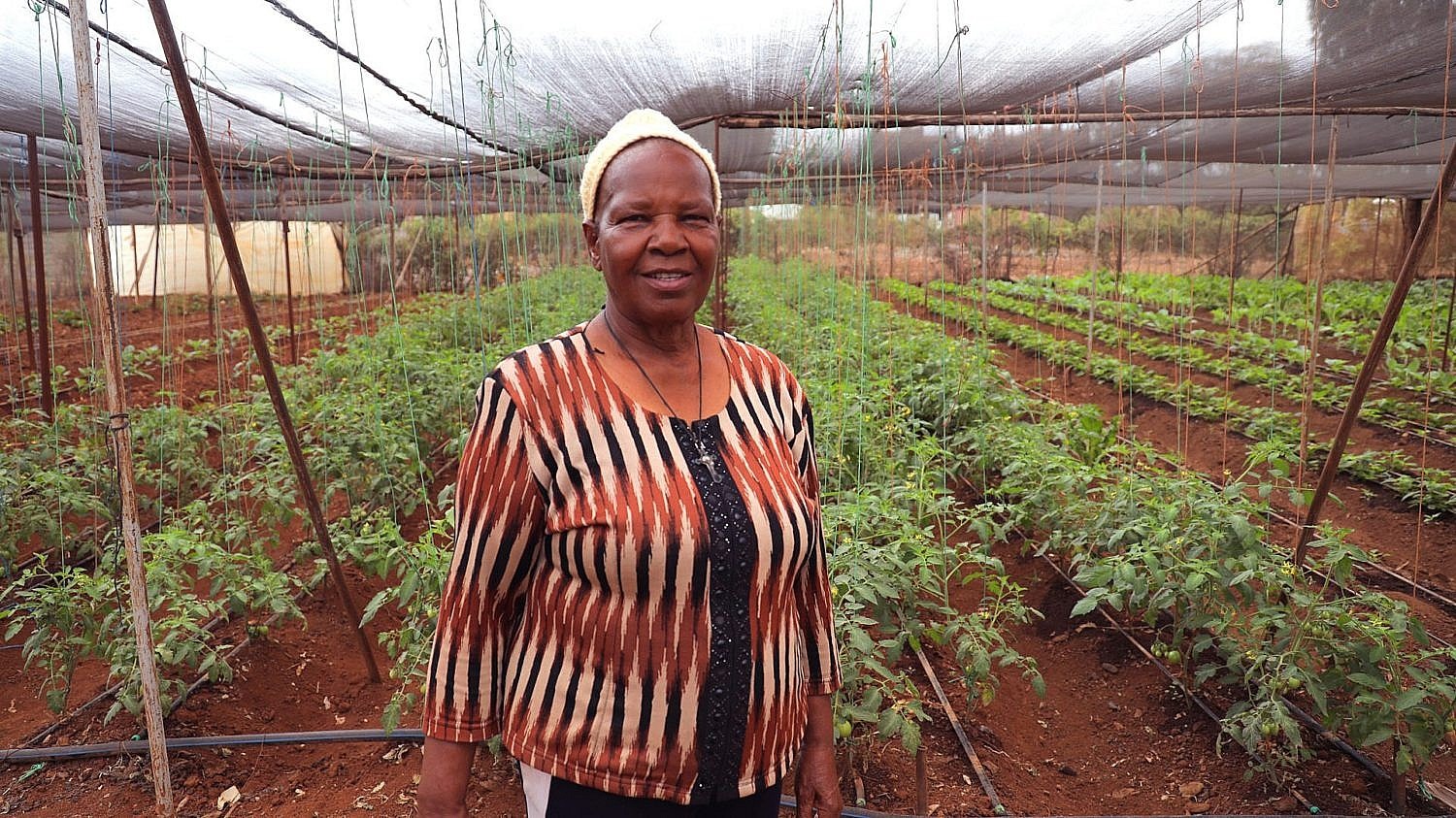Tamer El-Raghy’s assessment is clear. “Climate change is wreaking havoc here,” warns from Nairobi the manager of the equity fund ARAF (Acumen Resilient Agriculture Fund) which operates in several African countries affected by climate change. Intense floods followed by long periods of drought which degrade cultivated areas… “These disruptions weigh especially on the most vulnerable – women, children – and small-scale farmers who have very few means to protect and boost their crops.” This high exposure to these climate events consequently makes the performance of the agriculture sector in Kenya – and everywhere else in Sub-Saharan Africa – highly unstable, points out this expert who graduated from universities in Cairo and New York. “Indeed, over half of the people living in poverty are smallholder farmers. Yet they provide 80% of the food consumed in the region.” This illustrates how climate change, which hundreds of thousands of African farmers are facing, weakens local economies and exacerbates food security.
30% OF BENEFICIARIES LIVE BELOW THE POVERTY LINE
To address this situation, the ARAF fund, which was launched in 2020 by Acumen Capital-Partners – a subsidiary of Acumen, an organization specialized in supporting social enterprises in Africa –, invests in local start-ups offering innovative solutions to smallholder farmers. The objective is to build an ecosystem that will give farmers in East and West Africa the means to increase their incomes and improve their living conditions and resilience to climate change. This adaptation requires diversifying crops (corn, vegetables, etc.), improving irrigation and facilitating access to the most climate-resistant seeds and species. “We’re currently investing in 6 start-ups1 and are ultimately targeting 5 to 7 additional investments by 2026,” says Tamer El-Raghy. “We target the most vulnerable farmers. 30% live below the poverty line. Through its action, ARAF seeks to reduce poverty, strengthen climate resilience and demonstrate the impact of investment in resilient agriculture.” ARAF is supported by the Green Climate Fund (GCF) and is financed with $58 million from several partners and development finance institutions, including Proparco which took a $5 million stake in 2021, through FISEA+, the AFD Group’s facility implemented by Proparco under the Choose Africa initiative. Over the next 4 years, the fund aims to safeguard some 1,200 jobs and indirectly support a total of 2 million smallholder farmers.
The impact of the ARAF fund on farmer well-being
SEVERAL CROPS EVERY YEAR
On the ground, the ARAF teams regularly measure the impacts4 on the living standards of farmers and their work. “The activities of the start-ups we’re supporting have already had an impact on some 400,000 farmers in Sub-Saharan Africa. 43%5 of them report that they are now resilient to the consequences of climate change and 79% say that their incomes have increased,” says the fund’s CEO. The Kenyan start-up Sun- Culture, which supplies solar irrigation systems to its clients, estimates that on average there has been a 120% increase in the disposable income of the farmers who benefit from its innovations. This is the case of Josephine Waweru, a farmer specialized in coffee growing. She is based in Kirinyaga County, in central Kenya, and has installed a solar pump system supplied by SunCulture. “I used to use a really expensive and polluting gasoline system. I’ve also been able to diversify my crops to cope better with the risks related to climate change,” says the farmer. This observation is also shared by Jamleck Gichovi Karuri, who is based in another region in Kenya badly affected by the prolonged droughts. Thanks to a solar water pump system supplied by SunCulture, this breeder and farmer can now feed her livestock and harvest several crops every year.
TECHNOLOGICAL ADVANCES FOR THE BENEFIT OF AGRICULTURE
“With climate change, rainfall in Sub-Saharan Africa has declined by over 100 mm a year since the mid-1970s,” says Samir Ibrahim, cofounder of SunCulture. As a result, Africa, which has 65% of the world’s uncultivated arable land, has an annual food imports bill of $35 billion. Yet with the technological advances in agriculture, the continent should be able to feed its population without the slightest problem. “For this to happen, these advances must focus as a priority on helping smallholder farmers who are the most vulnerable to climate change,” says Tamer El-Reghy. “It’s both a need and an emergency.”

